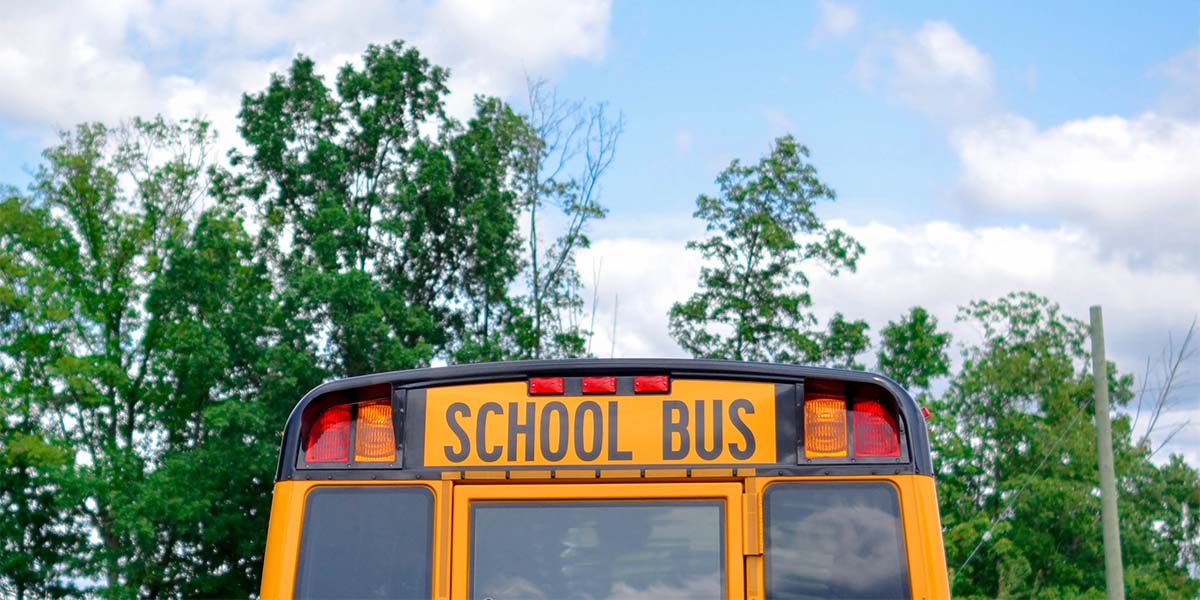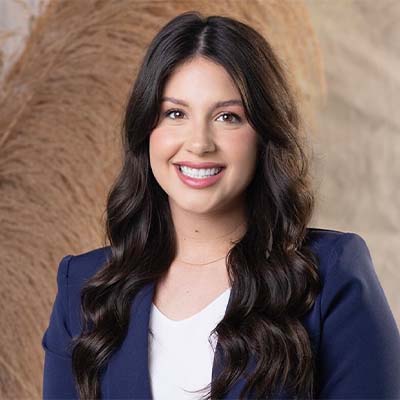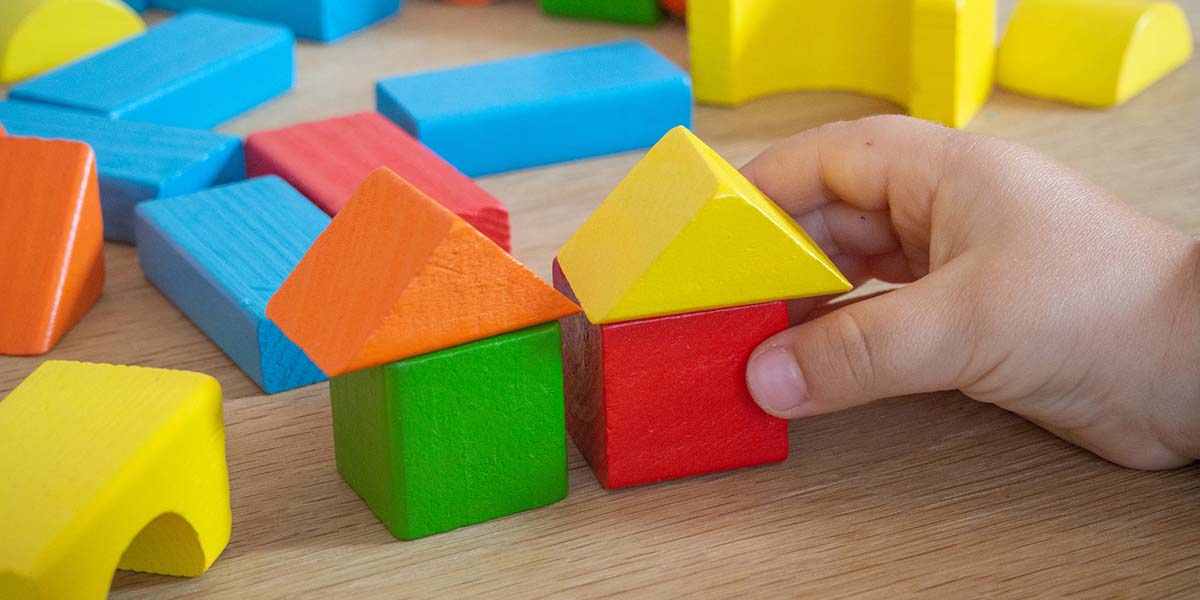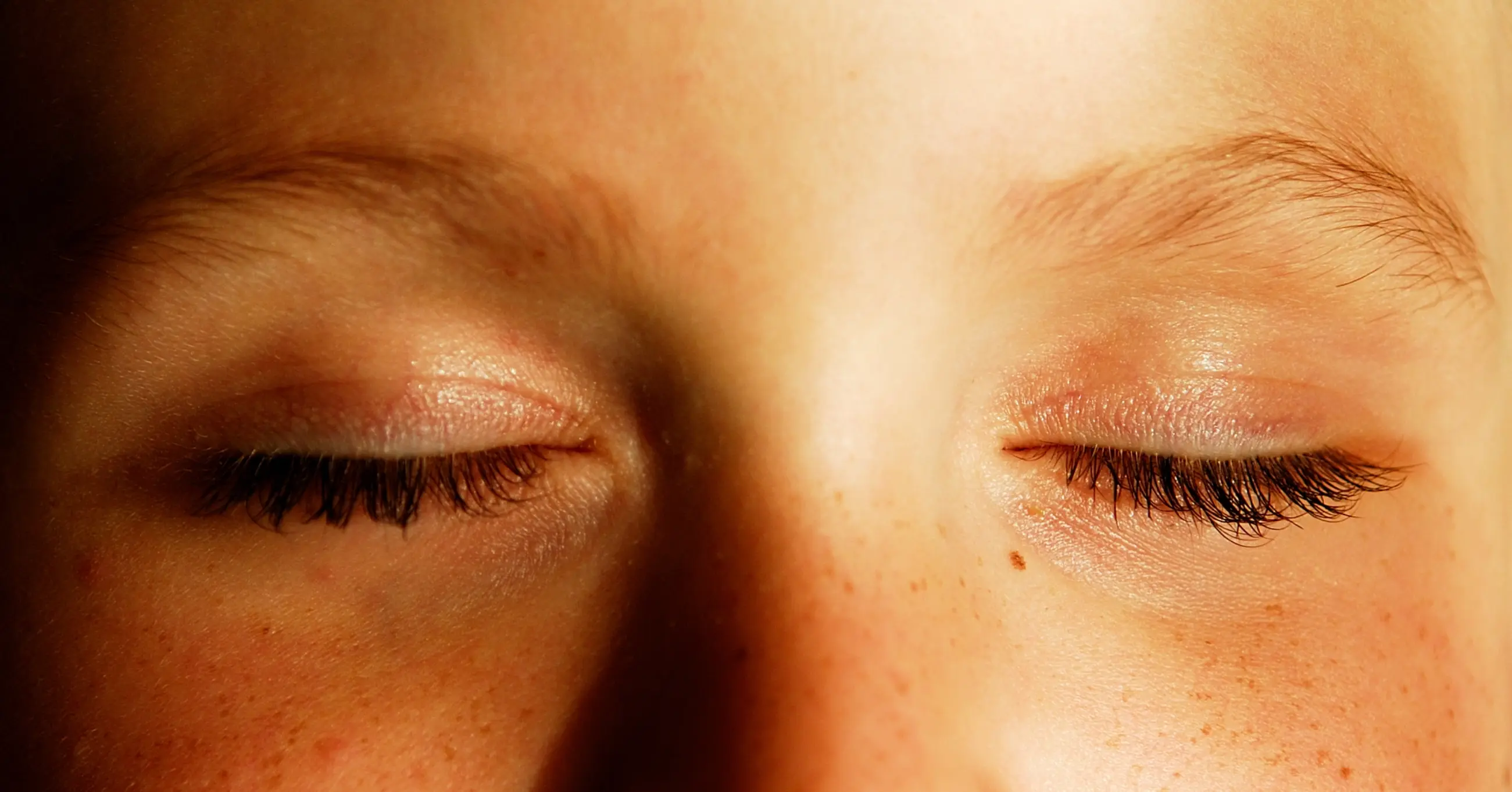
Transitioning Back to School for Children with ASD
The transition from summer break to a new school year can be a challenging time for children. Children often experience excitement about seeing their friends and meeting their new teacher but may also experience anxiety about being in a new classroom, entering a new grade level, and meeting new people. This transitional period may be especially challenging for children with autism spectrum disorder (ASD) as they enjoy keeping familiar routines, have difficulty navigating social interactions, and may experience sensory sensitivities. Although the transition back to school may be frightening for children with ASD and other neurodivergent challenges, change will continue to occur throughout their lifespan, so it is important to prepare them for the future.
Here are 5 tips to help your child with ASD transition back to school:
- Prepare Them in Advance - Prior to the start of the school year, talk to your child about the upcoming changes. You can discuss when school will begin, what school they will be attending, and who their teacher will be. If they are attending a new school, you may also want to show them pictures of their school, classrooms, and teacher to help familiarize them with the new environment. If there is a “meet the teacher” event it would be a great opportunity for them visit the school, classroom, and teacher.
- Establish a Routine - Children with ASD often feel secure with routines. It will be important to provide your child insight regarding their new schedule once school begins. When discussing the schedule, you can include times and school subjects to sequence the expected school-day activities. Additionally, visual support such as task lists may also aid with the transition back to school. Task lists can help walk a child through a task by providing steps such as getting ready for school and an after-school routine.
- Practice Social Stories and Social Skills - Social stories are short and simple stories that illustrate scenarios that can occur at school. These stories can help your children to understand what they may experience at school and can better prepare them for what’s to come. After reading social stories, you may want to practice social skills with your child. Some social skills scenarios to practice include sharing with peers, initiating conversations, and asking the teacher for help.
- Communicate With Others - Communicate with your child’s teacher, school counselor, and other administrators regarding your child’s needs prior to their first day of school. Openly communicating with those who will be working closely with your child will allow you to be equally aware of your child’s challenges and progress so that you are able to support them at home.
- Check-In and Practice Calming Strategies - Once school has begun, continue the conversation with your child. Check-in with them using feelings charts (you can download a free one here) to help your child express their internal emotions regarding starting school, meeting new friends, following instructions, and more. It’s important to know that even with preparation for the transition back to school, your child may still experience uncomfortable emotions. It will be useful to practice coping skills and calming strategies to help regulate them when a parent is not around. A few calming strategies to try might include squeezing a stress ball, taking deep breaths, playing with a fidget toy, or taking a long, cool drink of water.
Parenting children with ASD is uniquely challenging. Finding a support group with other neurodiverse families or meeting with an experienced counselor who can help you develop sensitive and effective parenting skills can help you alleviate stress and focus on the joys of the present. Meet my team at Lifeologie Counseling Midlothian or learn more about the Lifeologie Counseling approach to therapy for children, tweens and teens.

About Alyssa Solis
Alyssa Solis, LPC-A, has a passion for working with neurodivergent individuals who are struggling with anxiety, depression, life transitions, low self-esteem, and relational difficulties. She has extensive experience working with children, including those experiencing emotional dysregulation and challenging behavior. She often uses play therapy to promote self-awareness, healthy self-expression, and emotional regulation. She sees children, teens, and young adults at Lifeologie Counseling Midlothian.
Meet Me

.png)

.png)